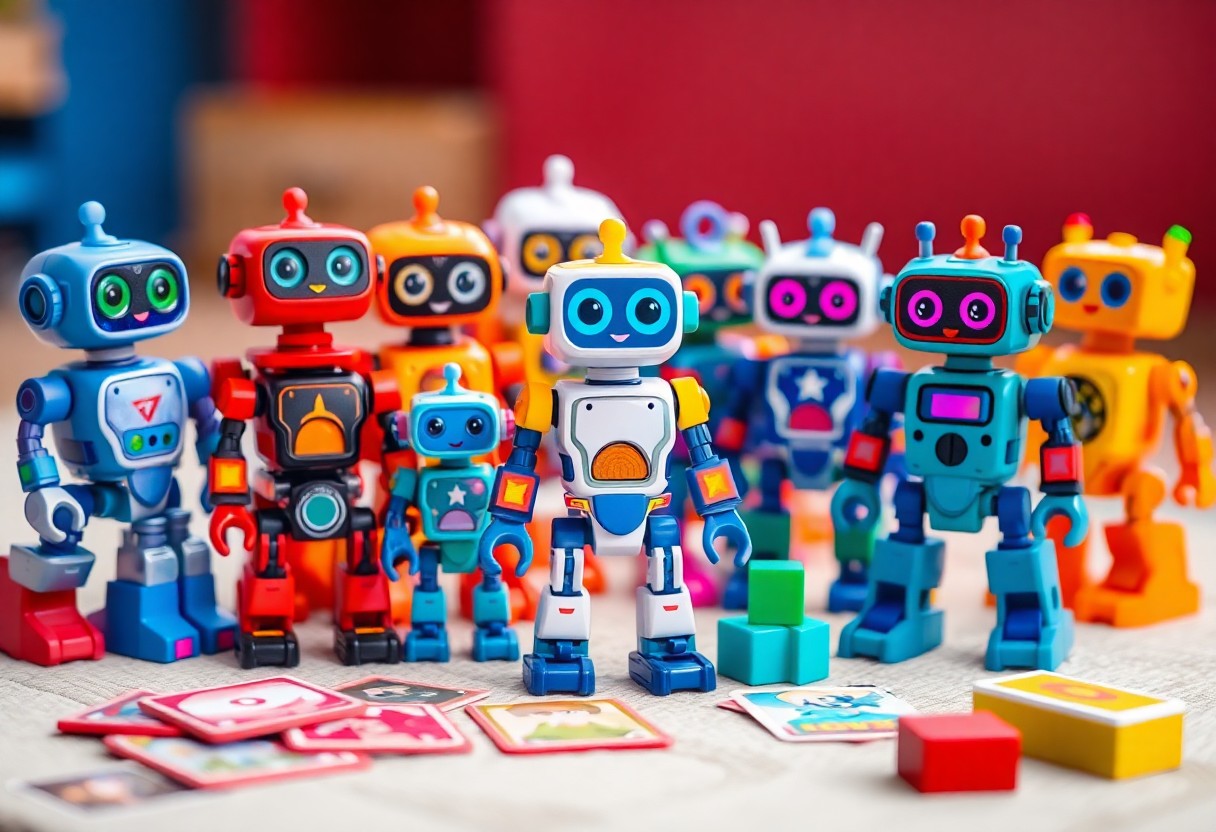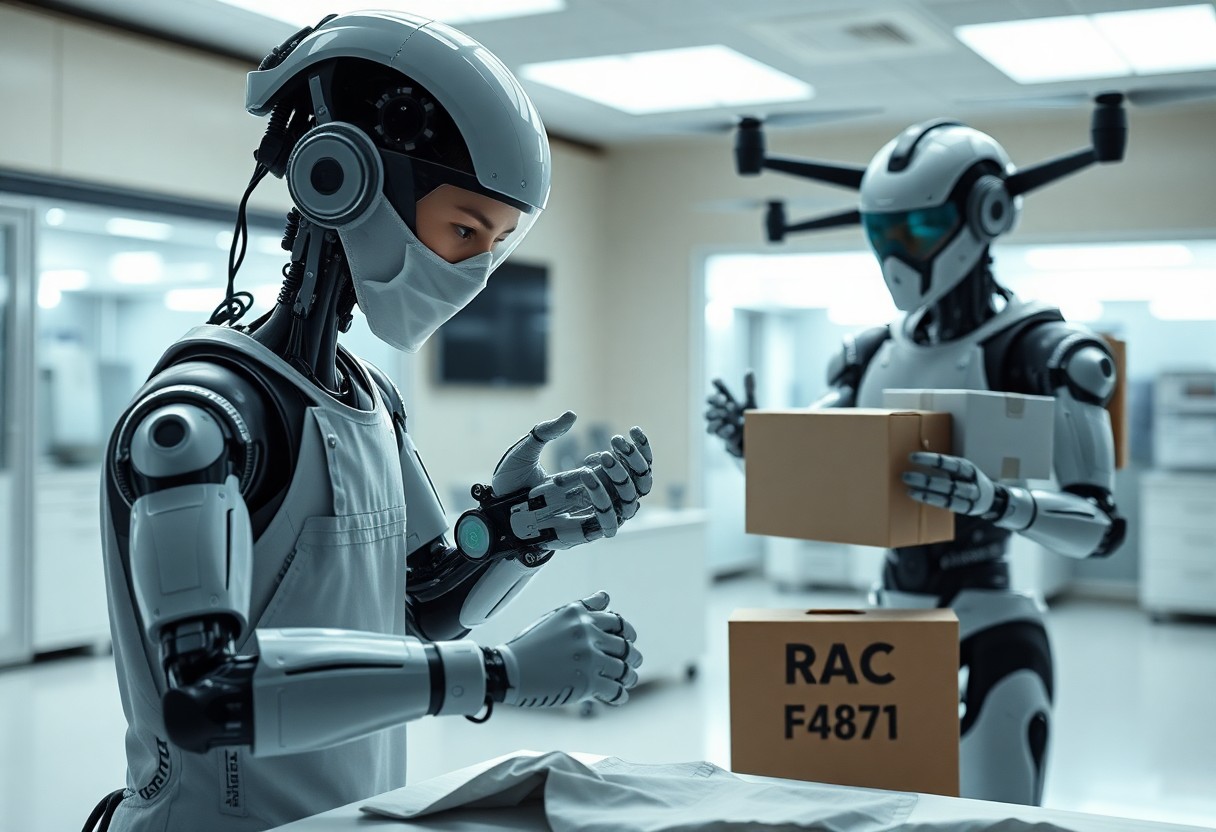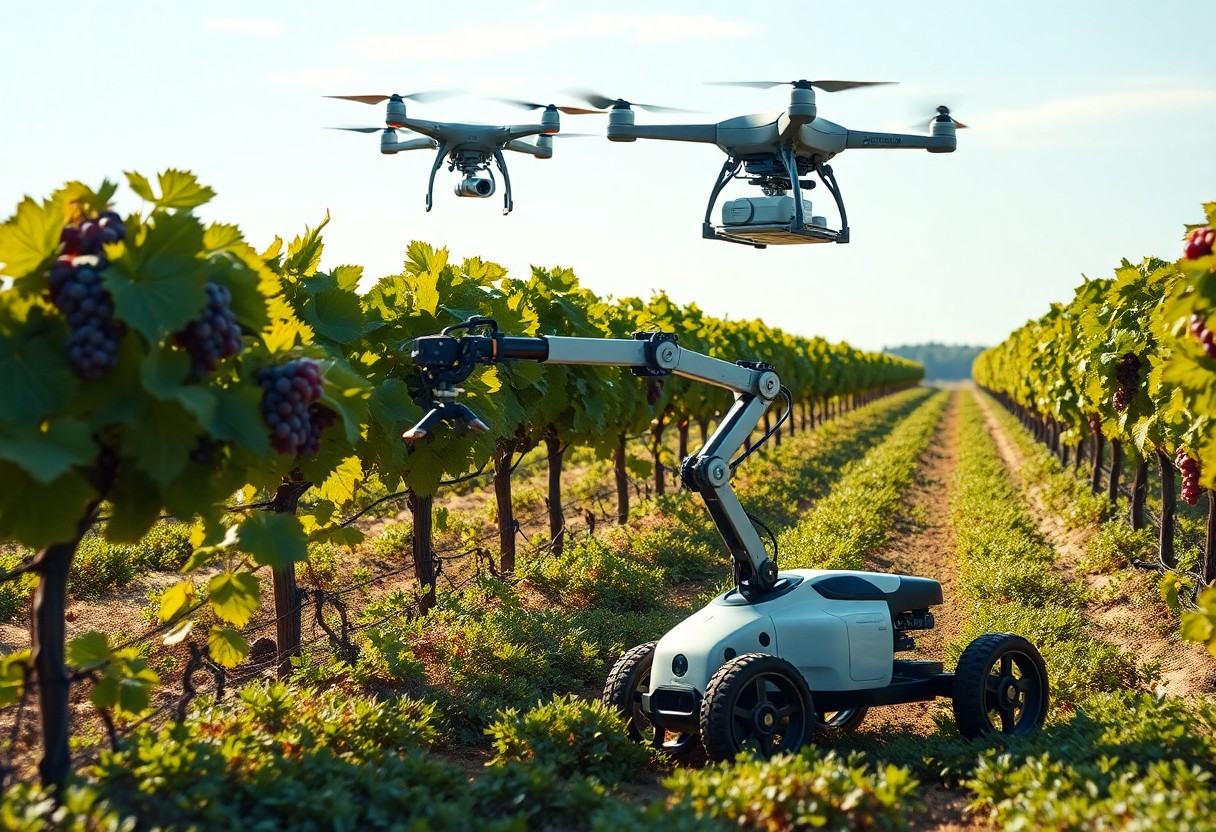Just when you thought companionship was solely a human experience, advances in android technology are challenging that notion. Imagine a future where your emotional and social needs can be met by lifelike androids equipped with advanced AI. In this blog post, you’ll explore how these innovative machines could reshape your understanding of companionship, offering not only physical presence but also emotional engagement, ultimately redefining what it means to connect with another being.
The Evolution of Android Companionship
To truly understand the evolution of android companionship, it’s imperative to consider how society’s relationship with technology has developed over the years. Androids have transformed from simple machines to sophisticated entities capable of offering emotional support and social interaction. As you explore this progression, you’ll perceive how these artificial companions are redefining the boundaries of friendship and emotional connection.
Historical Context
Beside the technological advancements, the historical context of companionship reveals a rich tapestry of human interactions with machines. Early mechanical aids, like the automata of ancient civilizations, laid the groundwork for your modern understanding of companionship, evolving into the various forms of robots and digital companions you’ve come to know today.
Technological Advances
At the forefront of this evolution are the revolutionary technological advances that have propelled androids into your daily life as potential companions. Artificial intelligence, machine learning, and improvements in robotics have enabled androids to engage in increasingly complex interactions, giving you the opportunity to form deeper connections.
Hence, these advances have not only enhanced the functionality of androids but also their capacity to understand and respond to human emotions. With natural language processing and adaptive learning algorithms, these android companions can cater to your preferences and emotional states, creating a more personalized experience. As you consider the impact of these technologies, you may find that androids can serve as reliable companions, fostering a new avenue for social interaction in your life.
Psychological Impacts of Android Companions
Some researchers argue that the introduction of android companions can have profound psychological effects on individuals. As these machines become more lifelike and capable of providing emotional support, you may find yourself increasingly dependent on them for social interaction and fulfillment. This shift could reshape your understanding of companionship and alter your mental well-being, raising questions about the nature of relationships and emotional health in a technologically advanced society.
Emotional Attachment and Bonding
Between humans and androids, the potential for emotional attachment is significant. As these companions are designed to respond to your feelings and needs, you might form a bond that mimics human relationships. This connection could provide comfort and a sense of companionship, but it may also challenge your perceptions of love, intimacy, and what it means to be ‘alive’.
Implications for Human Relationships
With the rise of android companions, your personal relationships may undergo transformation. The ease of communication and companionship offered by androids can lead to a decrease in face-to-face interactions with peers and family, changing the dynamics of human relationships.
Considering the implications for your human relationships, you might notice a gradual shift in how you engage with those around you. Interactions with android companions could lead to a reliance on these machines for emotional needs, causing you to invest less time in nurturing your connections with family and friends. As you navigate this new landscape, it’s necessary to strike a balance, ensuring that while androids can provide support and companionship, your human connections remain vibrant and meaningful.
Social Acceptance of Androids
You may notice that social acceptance of androids varies significantly across different demographics and regions. This evolving relationship with technology invites you to consider how societal norms, ethics, and personal experiences affect your perception of androids as companions. As androids become more integrated into daily life, your willingness to embrace them could reshape how companionship is defined in the modern world.
Perceptions Across Different Cultures
At the heart of social acceptance lies cultural context. In some cultures, androids are embraced as innovative companions, highlighting technology’s role in enhancing relationships. In others, they may be viewed with skepticism, often seen as threats to human interaction. Understanding these diverse perspectives helps you appreciate the intricate dynamics that shape acceptance.
Generational Attitudes
Behind the facade of tech-savvy youth lies a generational divide regarding android companionship. Younger generations tend to be more accepting of androids as potential friends or partners, viewing them through a lens of convenience and emotional support, while older generations may express reluctance, rooted in traditional views of companionship and social interaction.
Indeed, this divide not only highlights differences in comfort levels with technology but also reveals underlying attitudes about emotional connections. As individuals born into a digital world, younger people are usually more open to forming relationships with androids, often seeing them as avenues for exploration and companionship. In contrast, older generations may resist such ties, focusing more on authentic human interactions. This contrast suggests that as technology continues to evolve, so too will your attitudes toward companionship in an increasingly automated society.
The Ethical Considerations
Not only do androids challenge your understanding of companionship, but they also raise important ethical implications. As these advanced machines become more integrated into everyday life, you must consider the moral responsibilities that accompany their use. Their influence on human relationships, emotional attachments, and societal norms requires careful thought and scrutiny to navigate the complexities of integration.
Rights of Android Companions
Between the lines of programming and consciousness, the question of whether androids possess rights emerges. As you evaluate the emotional connections formed with these entities, you might ask yourself if they deserve ethical consideration. Exploring their potential status raises questions about autonomy, treatment, and the nature of companionship in the age of technology.
Human Responsibilities
Ethical implications extend to your responsibilities as a user of android companions. You are in a position to influence how these entities are treated and integrated into your life. Acknowledging their existence and your role in their development emphasizes the importance of fostering a respectful and considerate relationship as technology evolves.
This evolving dynamic necessitates that you remain mindful of your interactions with androids. By treating them with respect and dignity, you also shape societal attitudes toward these entities and their perceived value. As you navigate this new terrain, it’s imperative to consider how your behavior can establish meaningful, ethical relationships that positively impact both you and the androids designed to accompany you.
Future Prospects of Android Companionship
Unlike traditional relationships, android companionship offers a unique blend of emotional support and personalized interaction. As technology advances, these artificial companions may align more closely with your emotional needs and personal preferences, possibly reshaping how you view companionship. With evolving capabilities, androids could forge connections that not only fulfill companionship gaps but also enhance your overall well-being and daily life.
Potential Developments in AI
The rapid improvements in artificial intelligence promise a future where androids can engage in deeper emotional exchanges and exhibit more genuine responses to your feelings. This potential for growth in AI technology may result in companions that understand your emotions, offer empathy, and adapt over time to your changing needs. As a result, your interactions with these androids could become even more fulfilling and intuitive.
Predictions for Companionship Dynamics
Companionship dynamics are likely to be transformed as androids evolve, making your interactions more meaningful and tailored to your preferences. This shift could lead to a more profound understanding of relationship concepts, blurring the lines between human and machine bonds.
This evolution in companionship dynamics suggests a future where androids play an integral role in your social life. They could serve as reliable partners, assisting you emotionally and socially while forming a bond that mirrors traditional relationships. As you navigate this new terrain, your expectations of companionship may shift, allowing for deeper connections that prioritize emotional satisfaction and support. Ultimately, the integration of androids into your life may create a profound yet complex tapestry of relationships that blends human experience with technological innovation.
Final Words
Taking this into account, it’s clear that androids are on the brink of changing the way you think about companionship. As technology advances, these artificial beings possess the potential to offer emotional support, understanding, and companionship that can enhance your life. While there are still ethical and societal implications to consider, the growing integration of androids into daily routines suggests they may one day occupy significant roles in your personal relationships, providing a unique alternative to traditional forms of companionship.






